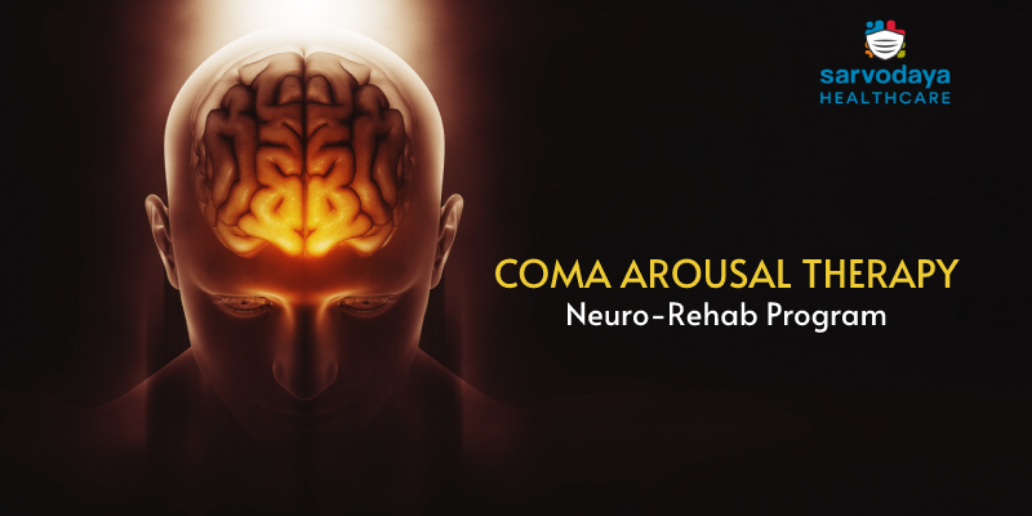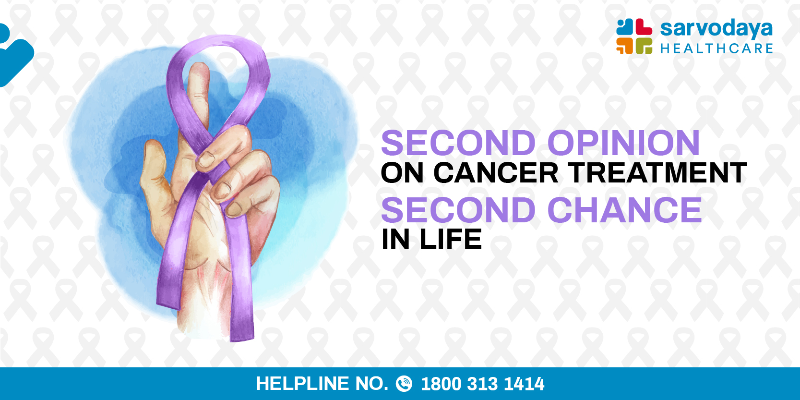People who survive Accidental Brain Injuries often land in the state of altered sensorium (loss of consciousness) commonly referred to as coma.
Recovering from a severe brain injury requires the right treatment, at right time and a lot of rest to rebuild neural connections lost or damaged from trauma or illness. At the same time, the consistent and appropriate practice of multi-sensory stimulation to help the patient return from a coma state can be an integral step in the recovery process.
The practice of coma stimulation/coma arousal therapy has increased in the past few years and helped many patients recover from traumatic brain injuries sooner.
The ideal time to initiate coma stimulation is once the patient is medically stable and has been transferred to an inpatient facility. Sensory stimulation intends to raise the level of consciousness and promote the recovery of the patient.
The multisensory stimulation includes stimulation of all five senses: Auditory (hearing), Tactile (touch), Visual (vision), Olfactory (smell), and Gustatory (taste).
The sense of touch may be stimulated by using a feather, sandpaper, or fur piece, while vision is stimulated using a blinking flashlight (torch). Hearing stimulation may be stimulated by voice notes, music, and sense of smell using basic things such as perfume, spices, and coffee beans to improve awareness. The taste stimulation is given by using honey to enhance the taste sense.
At, Sarvodaya Healthcare, we have a highly skilled neuro-rehabilitation team comprising of nurses, rehab therapists, psychologists, and physical, occupational, speech, and respiratory therapists. Our team provides 30-45 minutes coma arousal sessions seven days a week. Patient attendees and family members are educated regarding coma recovery and sensory stimulation therapy.
Coma stimulation therapy should be initiated as soon as the patient is medically stable. Initiating multisensory stimulation during an acute hospital stay may result in increased functional abilities, (sitting, reaching out for objects, etc.) while delay in rehabilitation program may result in the missed window of opportunity that cannot be regained.










